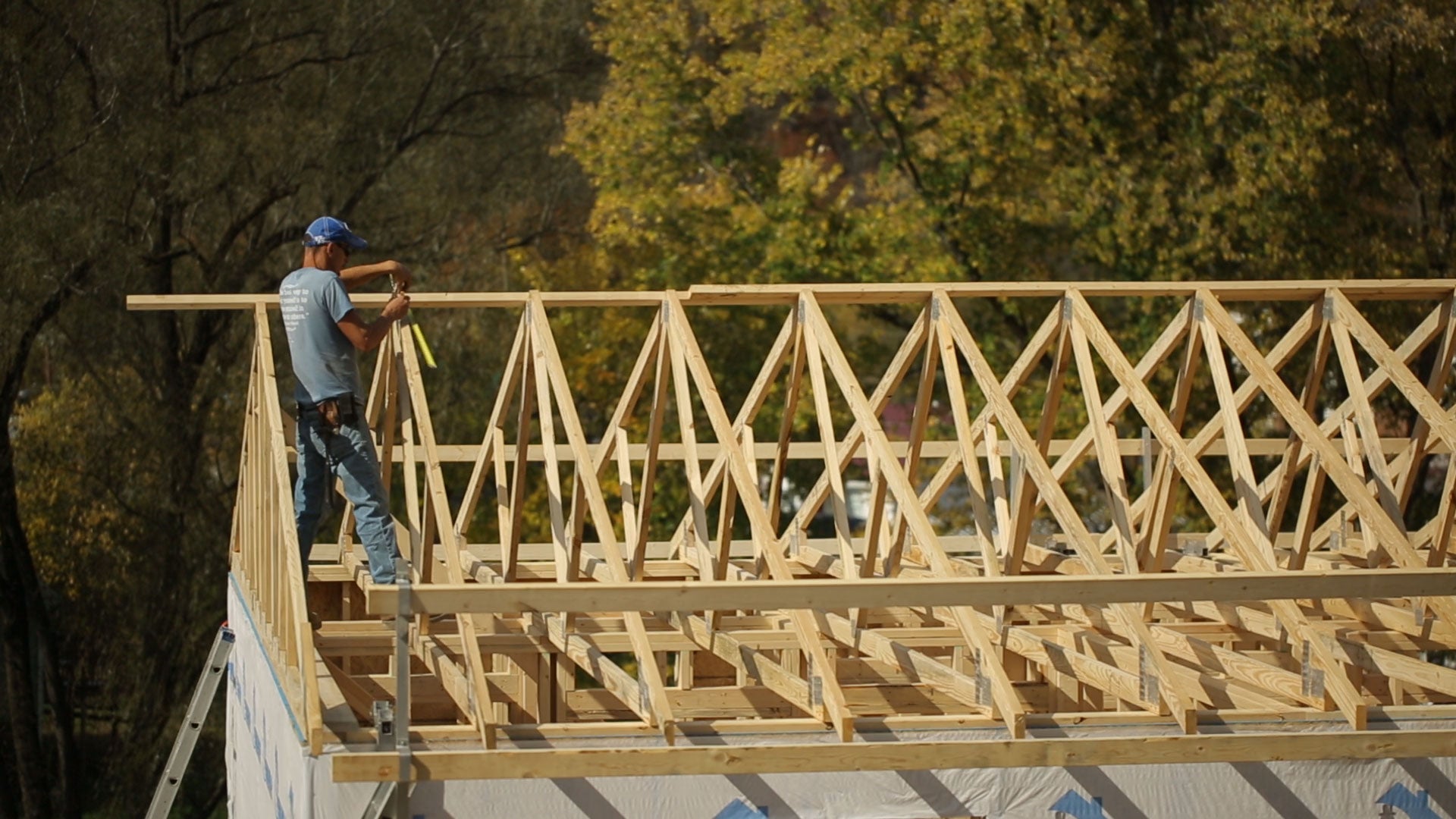Webinar: Helping Rural Immigrant Families Build Financial Capability
While the number of immigrants living in rural US communities is growing every year, it is also important to know that nine out of ten rural immigrants came to the US before 2010. They’ve been our rural neighbors for some time, and yet, many hard working immigrant families are struggling to make ends meet, much less achieve financial stability. Some of this has to do with the cost of living in their communities, some with learning how to use financial products and systems that are new to them, and some with learning about services and assistance available to them. According to research from the UNH Carsey School of Public Policy, almost 40% of rural immigrants have no health insurance, and rural immigrants are 10% less likely than their non-immigrant neighbors to receive food assistance. For immigrant families to succeed in rural communities, they need to use quality financial services, access available family benefits, and lower the cost of the goods and services to forge stable and predictable financial lives.
On August 25, the Aspen Institute Community Strategies Group hosted the second in a series of three webinars on rural immigrant family economic success. This session focused on the challenges and opportunities facing rural immigrants as they try to keep more of what they earn.
Presenter Slides
- Gloria Sarmiento, Nebraska Appleseed
- Beth Mattingly, UNH Carsey School of Public Policy
- Kristine Mier, Pasos Al Exito (OR)
- Tom Knox, Valley Clean Air Now (CA)
Additional Resources
- Contributions of New Americans, State-by-State Reports, Partnership for a New American Economy, 2016.
- The Nebraska Appleseed Library has resources on a range of immigrant issues. Go to the Immigrants and Communities section and click on Immigrant Banking to find financial education brochures and immigrant financial resources for banks, credit unions, & nonprofits.
- FDIC’s Money Smart is a comprehensive financial education curriculum designed to help low- and moderate-income individuals outside the financial mainstream enhance their financial skills and create positive banking relationships. In collaboration with the Small Business Administration, FDIC also offers Money Smart for Small Business (MSSB), a practical introduction to topics related to starting and managing a business. Curricula are available in English and Spanish.
- Welcoming America connects a broad network of nonprofits and local governments and supports them in developing plans, programs, and policies that transform their communities into vibrant places where people respect each other and everyone’s talents are valued and cultivated.
Webinar Presenters
Gloria Sarmiento
Nebraska Appleseed
Gloria is the lead community educator and organizer for Nebraska Appleseed’s Immigrants & Communities Program. Gloria has spent her professional life doing outreach, education, and grassroots training in Nebraska, and in her native Honduras, creating community credit collectives in areas without access to a bank. She will discuss the barriers facing rural immigrants trying to gain financial stability, as well as opportunities for supporting immigrants in overcoming these barriers.
Beth Mattingly
UNH Carsey School of Public Policy
Beth, co-author of Carsey’s forthcoming report on rural immigrants, will offer some new national data on rural immigrants and access to social supports and services, comparing their income levels, health insurance, transportation use, and SNAP benefit access to rural non-immigrant residents and their urban immigrant counterparts.
Kristine Mier
Pasos al Éxito (OR)
Rural Development Initiatives (RDI)
Culturally appropriate financial education works best in the context of achieving a family goal. Pasos al Éxito works with rural community partners to offer a two-year microenterprise development program to help immigrants pursue entrepreneurial dreams. Pasos’ provides participants with an initial three-month financial education course followed by Business 101 training and referrals to local and state-wide organizations that help immigrants set up IDAs and obtain ITINs – helping all participants build financial capability, regardless of whether or not they end up choosing to start a business.
Tom Knox
Valley Clean Air Now (CA)
San Joaquin Valley, California is about 250-miles long, so family access to a reliable car is a necessity – to get to work and to school, health care and the grocery store. Facing some of the most concentrated poverty and poorest air quality in California, Valley Clean Air Now is helping fix emissions systems in rural immigrant families’ older cars – both to get them properly registered and to make their transportation more efficient and reliable, saving families money in the short and long run. Since 2003, Valley Clean Air Now’s Tune in and Tune Up repair events have helped over 15,000 families repair or register their cars – and it’s now tapping air quality funds to help rural immigrant families buy new vehicles.

